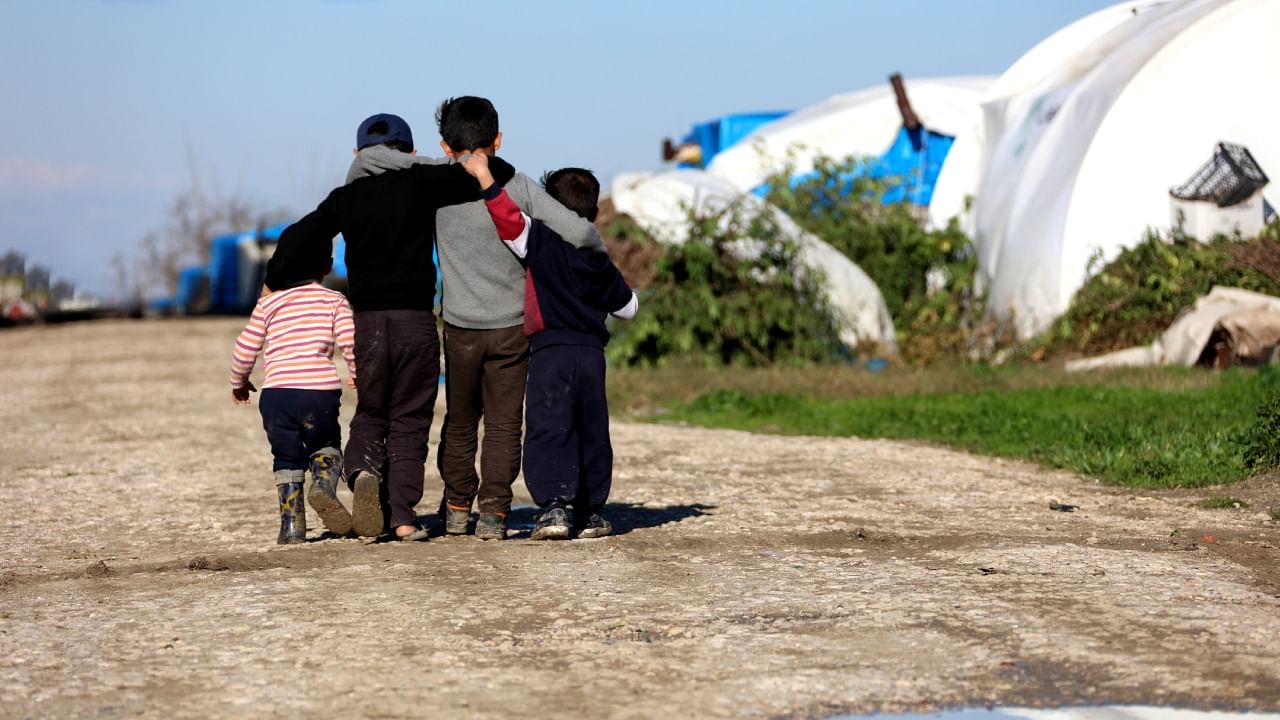
In response to several complaints about the infringement of laws in child care homes, the Women and Child Development Ministry has launched a monitoring mechanism to carry out real-time monitoring of these homes. The Monitoring App for Seamless Inspection (MASI) was launched by the National Commission for the Protection of Child Rights (NCPCR) late last year, with over 4,000 inspections being done till now.
Officials said that over 6,676 child care homes have registered themselves on the platform, and the inspection report is auto-generated to the state child rights commissions as well as the respective district magistrate whenever a child welfare committee carries out the inspection. CWCs have an app where they carry out the inspection on parameters like food, stay conditions, toilets, etc – parameters listed under the amended JJ Model Rules.
Form 46 and Form 46A of the JJ Rules look at the legal status of the home, functional and structural details, in addition to details of the staff and training etc. Indicators are marked red or green, and there is a provision for photos for proof if a facility is below the requisite standard.
Read | Chhattisgarh Legal Services Authority orders inspection of adoption centres amid thrashing incident
“The data of the children, if any, is encrypted, to protect their identity,” said NCPCR chief Priyank Kanungo.
For the rehabilitation of children in these homes, the child rights body has launched another portal, called GHAR, under which data of children in need will be available for the government. The amended JJ Model Rules had mandated such a repository, and as per the protocols laid down by the government, the NCPCR is responsible.
Till now, Kanungo said, over 798 users from various CWCs and government departments have joined the portal, and two review meetings have been held with states.
“The states are facilitating their respective lists for us,” he said.
With this portal, he added, children from a particular state who might be in the children's home of another state will be recorded with the government, including details of movement of the child in case they are rehabilitated in another state.